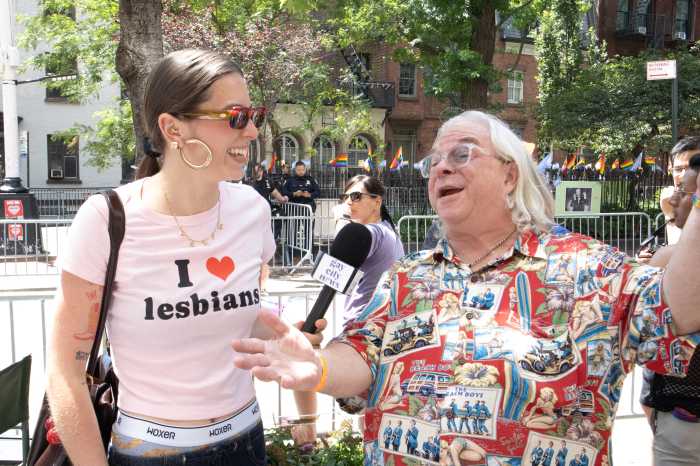While State legislators continue to talk about the options for bridging the $1.2 billion MTA operating budget gap, a Queens Congressmember is offering his own proposal to raise revenue for the cash-strapped authority.
Congressmember Anthony Weiner, who represents parts of Queens and Brooklyn and is running for mayor in November, recently penned a letter to State Senate Majority Leader Malcolm Smith and Assembly Speaker Sheldon Silver detailing a four-step plan that includes charging all non-New York City residents a toll on the East and Harlem River bridges.
Weiner’s toll proposal of $4.15 is less than the $5 proposed tolls in the Ravitch Commission recommendations, but Weiner’s plan exempts all city residents from paying the fee – something the Ravitch recommendation does not. Recently, Silver proposed all residents pay a $2 fee to cross the now-free bridges.
“They [New York’s middle class] should not be the first target in a ‘heads I win tails you lose’ choice between a car travel tax and slashing of subway and bus service coupled with fare increases,” Weiner wrote in the letter. Weiner said that the toll proposal could raise $391 million a year and would be a replacement for the commuter tax that was eliminated in 1999.
“I think it’s an excellent idea, and it reflects the terrible loss of the commuter tax that has deprived New York City of billions in revenue,” said Queens Assemblymember Rory Lancman, who has been an outspoken critic of tolls on the free bridges. Lancman said residents who live outside of the city but work in it should pay for the services that the city provides them.
The MTA has a $1.2 billion budget gap, and if the agency does not receive state aid by March 25, it plans to institute a 23 percent fare hike on buses and trains as well as service cuts to many lines in Queens and throughout the city. Lancman said on Tuesday, March 10 that the MTA discussions had been put on the backburner for the time being, and he wasn’t sure what day they would resume.
In addition to tolls for non-city residents, Weiner’s proposal calls for cutting MTA overhead by 10 percent each of the next four years, giving New York City more control over the authority by increasing the representatives the mayor appoints to the board and making the agency more accountable by opening its books.
The MTA through a spokesperson declined to comment on Weiner’s proposal.































